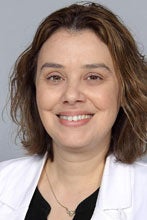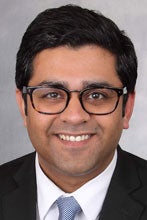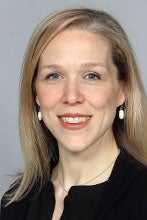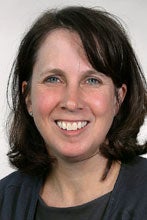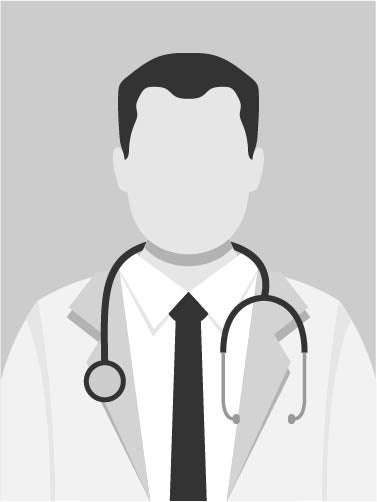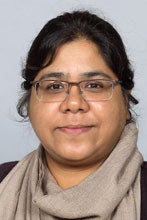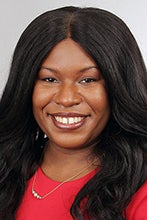Childhood Cancer and Sickle Cell Awareness Month
September 4, 2023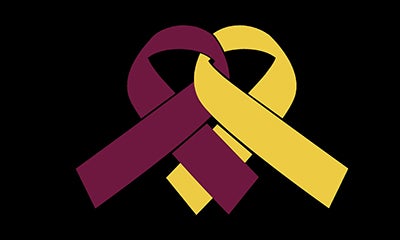
Categories: News
Tags: Hematology/Oncology
Birmingham, Ala. (Sept. 1, 2023) — September is National Childhood Cancer Awareness Month and Sickle Cell Disease Awareness Month.
Last year, nearly 190 Alabama children were diagnosed with cancer and blood disorders. More than 90 percent of those patients received treatment at the Alabama Center for Childhood Cancer and Blood Disorders at Children’s of Alabama. Brain tumors, sickle cell disease, leukemia, blood disorders and survivorship are all top of mind for the more than 300 dedicated pediatric healthcare professionals at the Alabama Center for Childhood Cancer and Blood Disorders. It is a partnership between the UAB Division of Pediatric Hematology, Oncology and Blood and Marrow Transplantation Program, Children’s of Alabama, the O’Neal Comprehensive Cancer Center and national research entities, including the National Cancer Institute and Children’s Oncology Group. It is ranked among pediatric cancer programs nationally by U.S. News and World Report.
“As I reflect on my four years here at Children’s of Alabama and the way our team has shifted to meet the greatest needs of patients and to advance research for more effective treatments, I am proud of what we continue to achieve together,” said Dr. Girish Dhall, Division director for the Hematology, Oncology, and Blood and Marrow Transplantation Program at Children’s of Alabama and the UAB Department of Pediatrics.
Alongside colleagues from the University of Alabama at Birmingham (UAB), this team provides care and treatment to nearly 2,000 children and adolescents with all types of cancer and blood disorders in the state of Alabama and across the Southeast.
Dhall says one of his goals is to get more doctors involved in more consortiums. Consortiums are when a group of Children’s hospitals work together to complete a clinical trial. Currently, he says multiple consortiums are focusing on different clinical trials for children with cancer. These consortiums allow families access to the newest treatments.
“Having these clinical trials here in our state means our patients don’t have to leave the state. They can access these trials right here at home in Birmingham,” said Dhall.
Dhall says this is not only a benefit for children in the state of Alabama but also for children in surrounding states. He says the impact can be felt on a local and global level.
“We have a number of our oncology faculty who are running or chairing these national or international clinical trials,” said Dhall. “We have already shown that we have improved outcomes for some of these diseases.”
There are a variety of ways you can contribute to the work being done at the Alabama Center for Childhood Cancer and Blood Disorders, including:
Kendra Scott Gives Back
The Curing Childhood Cancer Specialty Care Tag
Cookie Fix
Birmingham Southern’s Gold Out Game
Love’s Travel Stop
Buy Alabama Best
You can find more details on these events at childrensal.org/hope.

